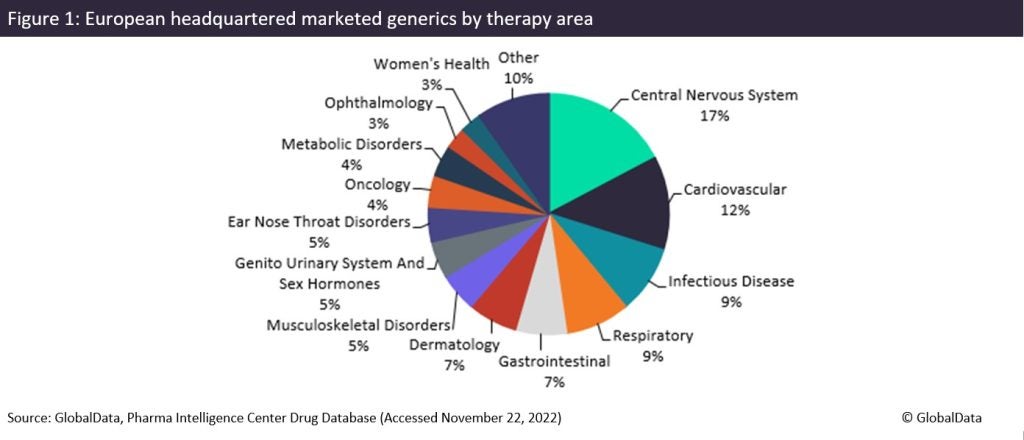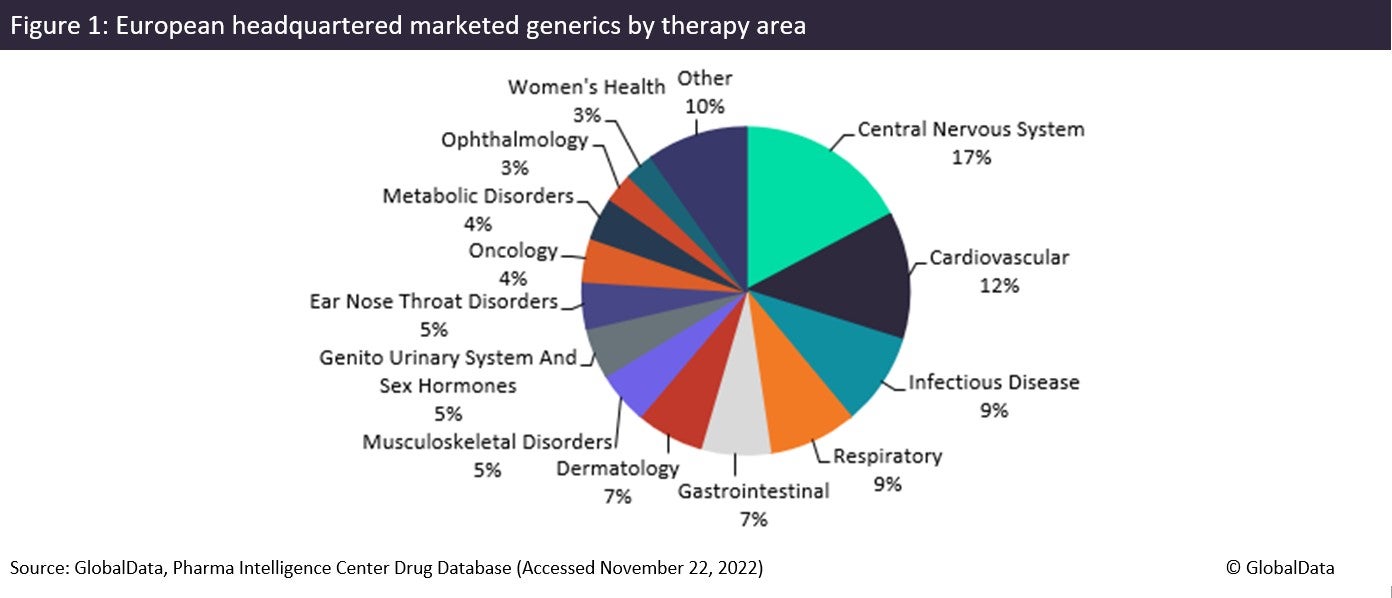On November 16, 2022, Medicines for Europe (MFE), the generics and biosimilars body, called for EU and national reforms to improve the security of medicine supplies, including tackling the impact of inflation on the security of essential medicine supplies with smart procurement guidelines for medicine. Inflation at its current levels poses a major threat to generics production and usage. Since the summer, generics makers have been signalling that additional support for help with rising costs is required to keep generics production viable.
In June, generic drug manufacturing giants wrote to the EU to request help with rising costs so that their products remain viable. In the letter dated June 9, 2022, they stated that “our industry cannot operate in an environment combining rampant cost inflation with policies that continuously lower prices.” The group of generic companies making requests includes Medichem SA (Barcelona, Spain), Sandoz (Princeton, NJ, US), Viatris (Canonsburg, PA, US), Teva (Tel Aviv, Israel), and Fresenius Kabi (Hessen, Germany). They requested recognition that the prescription medicines sector is critical in the EU and that national emergency plans for gas/oil supplies should apply, reducing the complexity and cost of regulatory compliance and reform of medicines procurement and pricing models.
In October, Medicines for Europe also called on politicians to address the effect of price rises and the costs of energy on medicine supply (B/POR, October 2022). In a letter to energy ministers, they stated that raw material prices have risen by as much as 50–160% and transportation costs by up to 500%. It also stresses that some pharma manufacturers are at risk of having gas rationed or being unable to continue manufacturing due to high prices. MfE calls for EU countries to exclude the pharmaceutical industry from gas rationing plans.
Inflation can damage production viability of European drugs
Once a drug’s patent expires, numerous pharma companies offer generic versions, which can then reduce drug pricing by as much as 80-90%, leading to small profit margins for generics makers. Even before the current period of high inflation, many pharma companies were already seeking to exit the generics space because of pricing pressures. This could endanger the supply chain; decreased competition often enables price increases but also involves a higher risk of drug shortages.
Rising inflation has been a problem globally but particularly in Europe, which was heavily reliant on Russian gas and oil before the Russia-Ukraine war and ensuing international sanctions and embargoes on Russian goods. The EU has banned the export of crude oil (from December 2022) and refined petroleum products (from February 2023), as well as coal and other solid fossil fuels. This has significantly increased the cost of energy in Europe.
The annual inflation rate in parts of Europe has increased to above 10%. This has led to increased manufacturing costs for generics which form the majority of medicines dispensed across Europe, often for serious illnesses. Raw materials, transport, fuel, and energy have all increased in price. Europe also enforces rigid pricing policies for essential medicines to be available at the lowest possible price. These factors combined affect the commercial viability of generic medicines, with some European drugmakers already warning that they may stop making cheap generic medicines. Additionally, some generic products are becoming loss-making, however, many companies are contractually tied into long-term deals with governments or hospitals.

US Tariffs are shifting - will you react or anticipate?
Don’t let policy changes catch you off guard. Stay proactive with real-time data and expert analysis.
By GlobalDataAs Figure 1 shows, many of the generics being marketed by European-headquartered companies are essential everyday treatments for large segments of Europe’s population. These include drugs for central nervous system diseases, most often analgesics, or for psychiatric disorders such as major depressive disorder. Generics are also used to treat widely prevalent hypertension and cardiovascular disease





